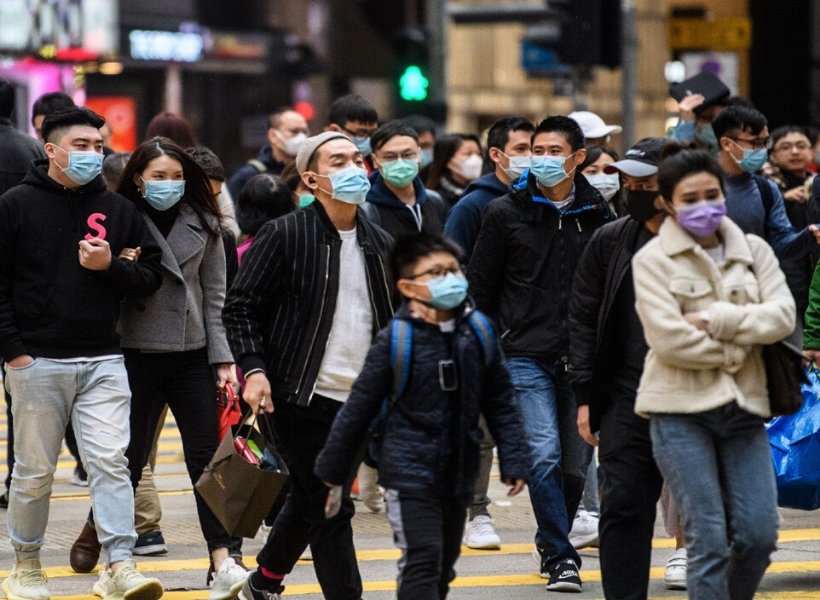The World Health Organization (WHO) and the Chinese authorities have confirmed that a new virus, Novel Coronavirus, similar to the virus that causes the common cold, SARS (Severe Acute Respiratory Syndrome) and MERS (Middle Eastern Respiratory Syndrome), originating in Wuhan, has afflicted a number of persons in China and a few other countries. Whilst the death rate associated with the virus is low at around 2% the infection rate and its spread, has been termed ‘worrying’ by the WHO.
Common symptoms of the virus include fever, coughing, shortness of breath and breathing difficulties. More severe infections can cause pneumonia, kidney failure and even death.
WHO’s report as of January 30th, 2020 indicated that the number of reported confirmed cases of the virus is over 7,000 distributed across the Chinese mainland and territories. Although the infected cases have been confirmed in several other countries including the USA, fatalities have been limited to China.
The Ministry of Health of Guyana wishes to inform the following categories of persons as follow:
Persons in China who plan to travel to Guyana are asked to defer those plans until further notice as they are likely to be denied entry.
Those in Guyana, who plan to travel to China, are advised to postpone those plans.
Persons arriving in Guyana from China, will be subject to quarantine protocols and may be quarantined in a health facility or at home, depending on the outcome of the risk assessment.
All recent travelers from China (after Jan 1st) already in Guyana are asked to contact their nearest health Centre or hospital urgently AND to remain at home for 14 days after date of arrival.
Should flu like symptoms arise within 14 days after return to Guyana from China or another highly affected country, persons are asked to call the hotline on 592 227 8683 ext 215.
Those who must travel to and from China are advised to take precautions against contracting the virus by avoiding close contact with people suffering from acute respiratory infections, crowds and the consumption of uncooked food; universal precautions to take include the frequent washing of hands, especially after direct contact with ill persons or their environment.
Travelers with symptoms of acute respiratory infection should also practice cough etiquette, that is, maintain distance from others, cover coughs and sneezes with disposable tissue or clothing, and also frequently washing their hands.













